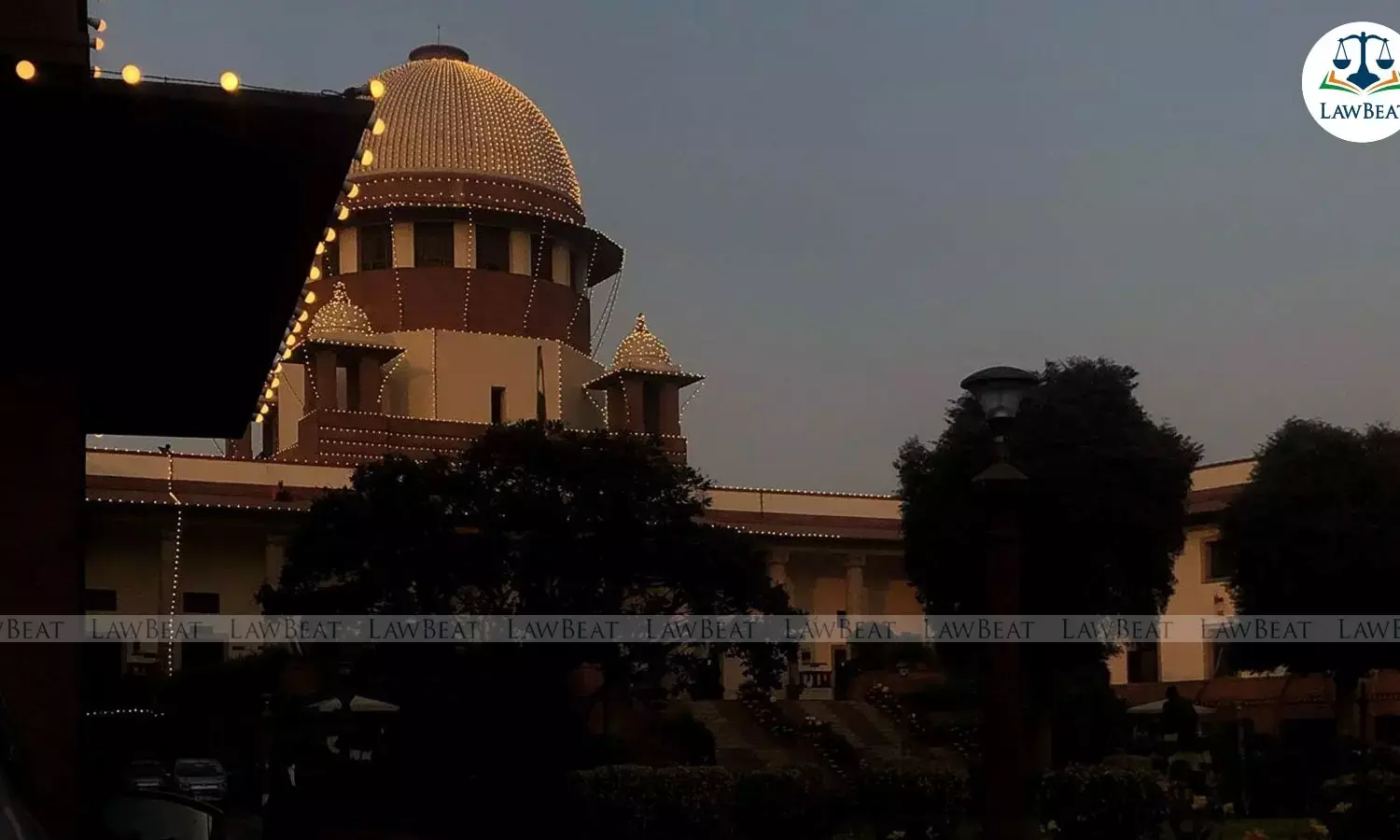Supreme Court Rejects Juvenility Based on School Certificate, Heres Why

Supreme Court of India Building (Evening)
The Supreme Court on August 1, 2025, clarified that juvenility must primarily be decided according to the Juvenile Justice Act and associated Rules applicable at the relevant time. However, it emphasized that courts could, under justified circumstances, consider additional relevant materials to ensure justice.
The Supreme Court found that both the Allahabad High Court and the Additional Sessions Judge, Kairana, Muzaffarnagar, erred by relying solely on school certificates declaring respondent Devi Singh as a juvenile. It highlighted that the school certificates were not reliable because they were based merely on an oral statement by Devi Singh’s father without any supporting documentation.
The appellant-complainant, Suresh, presented three crucial pieces of evidence. Firstly, the Family Register maintained under the UP Panchayat Raj Act, 1947, listed Devi Singh’s birth year as 1991. Secondly, the Voters’ List for the Kairana Legislative Assembly constituency in 2012 recorded his age as approximately 21. Thirdly, a medical report from the Chief Medical Officer, Muzaffarnagar, indicated Devi Singh’s age as between 20-21 years at the time of the crime on August 31, 2011.
The Supreme Court pointed out that the first attended school, Kaushik Modern Public School, Khurgaon, was a private institution, meaning its records were not public documents. Additionally, the school’s principal testified that the recorded date of birth was solely based on oral statements by Devi Singh’s father, without verification through a horoscope or other documents.
The Court invoked the Juvenile Justice (Care and Protection of Children) Rules, 2007, which establish a clear hierarchy for considering documents to determine age. With no reliable matriculation or equivalent certificate available, the Court found the school certificate insufficient, thus considering the Family Register, Voters’ List, and medical report more credible.
The Supreme Court emphasized that the records from Kaushik Modern Public School, being private, do not qualify as public documents under Sections 35 and 74 of the Indian Evidence Act. Hence, they lack the evidentiary credibility accorded to public records.
The allegation against Devi Singh was serious, involving the murder of Rajesh, whom Devi Singh allegedly shot inside his house with a country-made pistol upon his father’s instigation.
The Court set aside the earlier orders declaring Devi Singh a juvenile. It held that Devi Singh was an adult at the time of the crime and directed the trial court to complete the proceedings expeditiously by July 2026. Devi Singh, earlier released by the Juvenile Justice Board after serving three years, was ordered to surrender to the trial court within three weeks.
Case Title: Suresh Vs State of Uttar Pradesh & Anr
Judgment Date: August 1, 2025
Bench: Justices Pankaj Mithal and Ahsanuddin Amanullah
